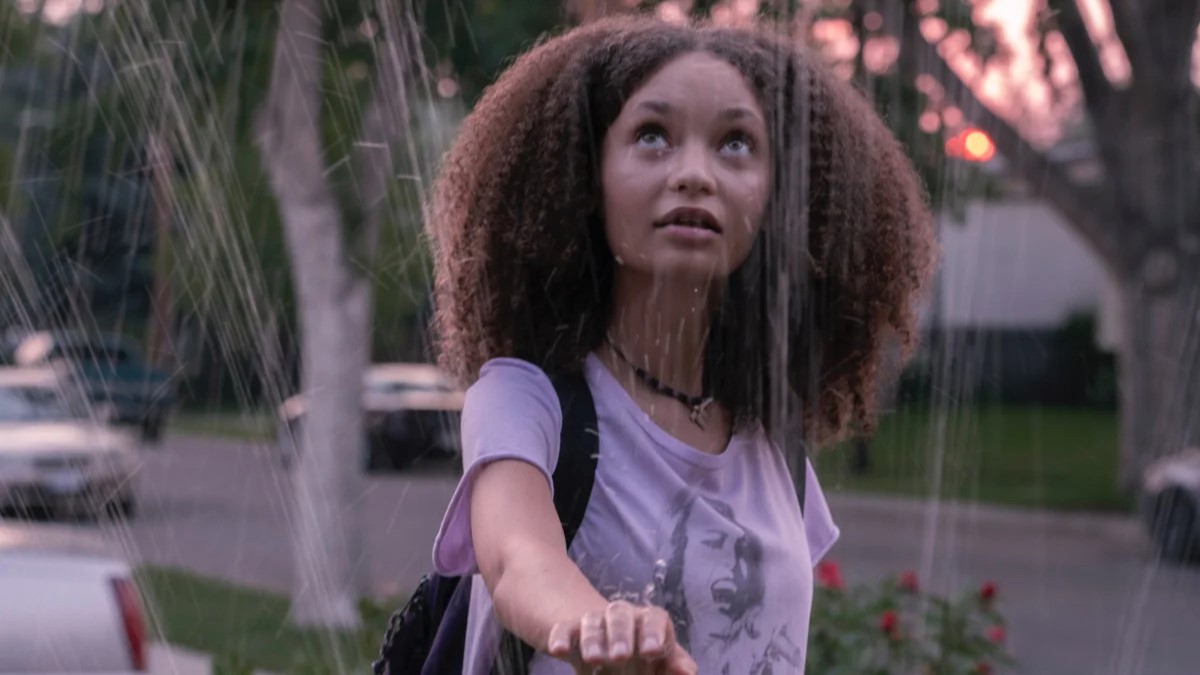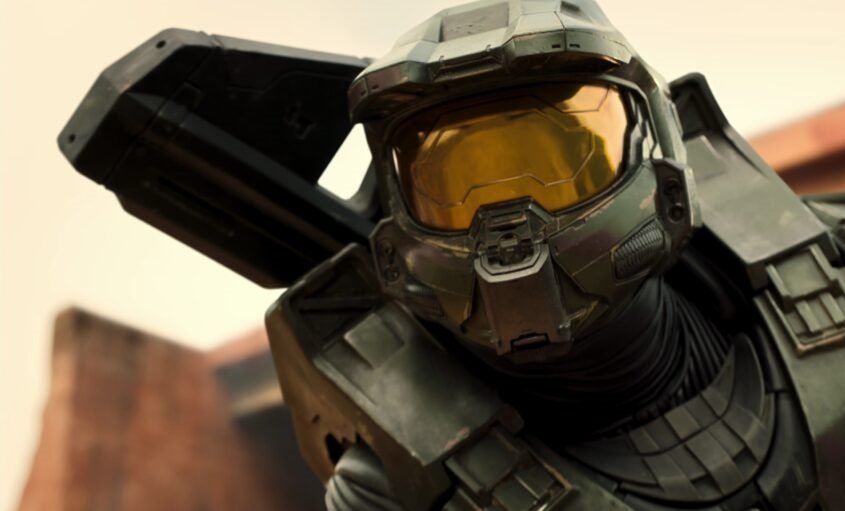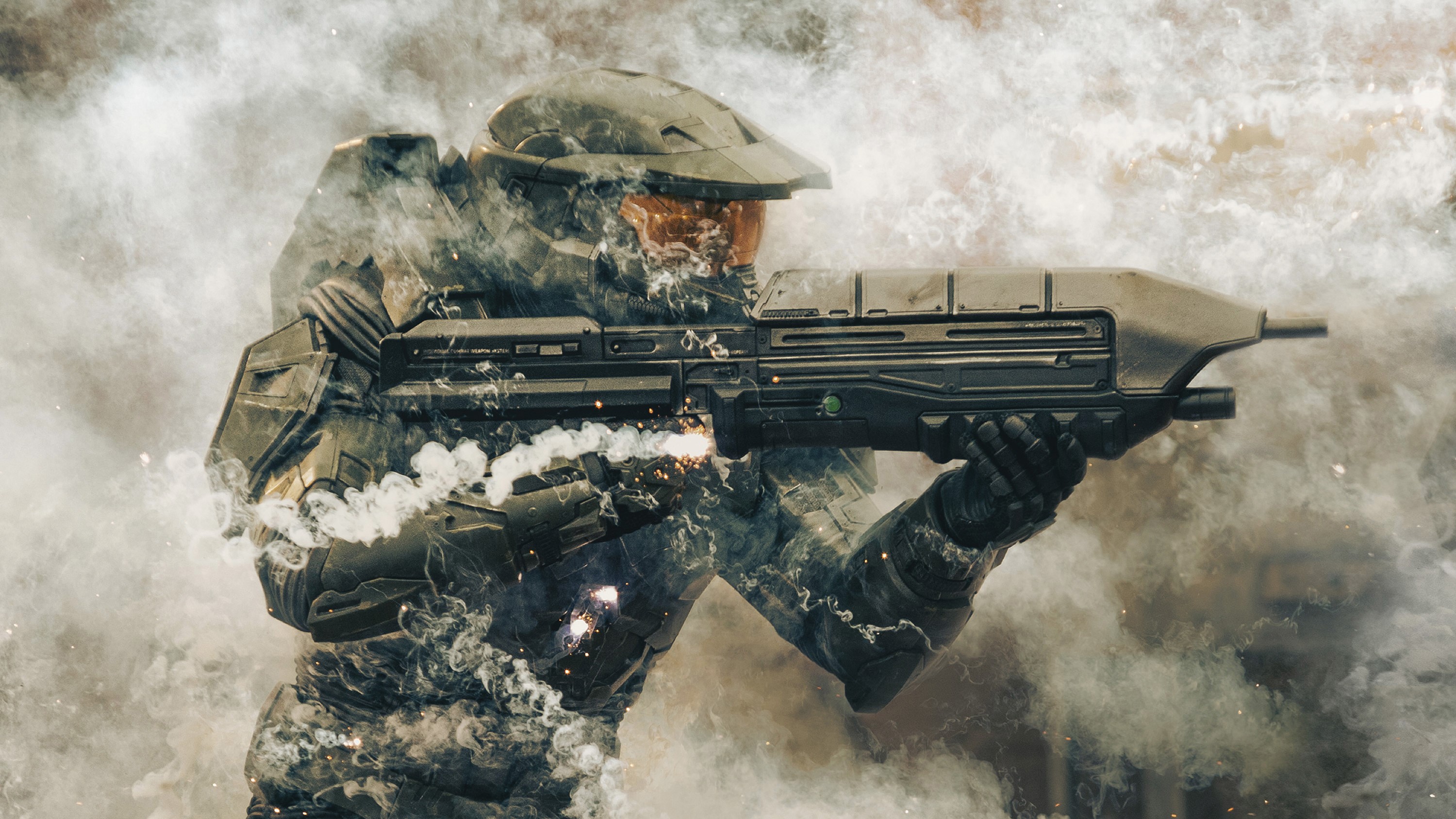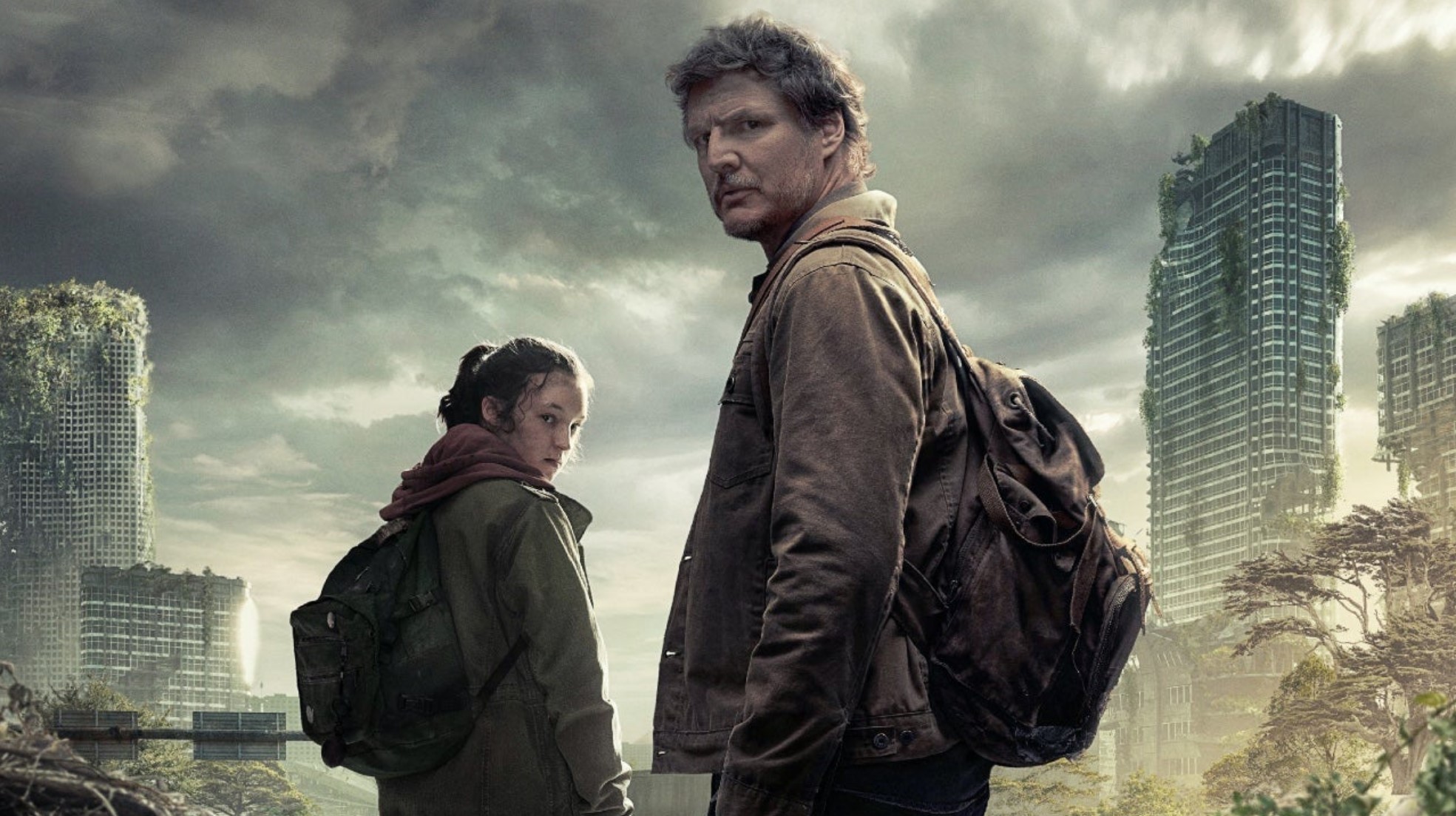Already, HBO's 'The Last of Us' succeeds where the 'Halo' show failed
Staying faithful to the source material is, in fact, a good thing.
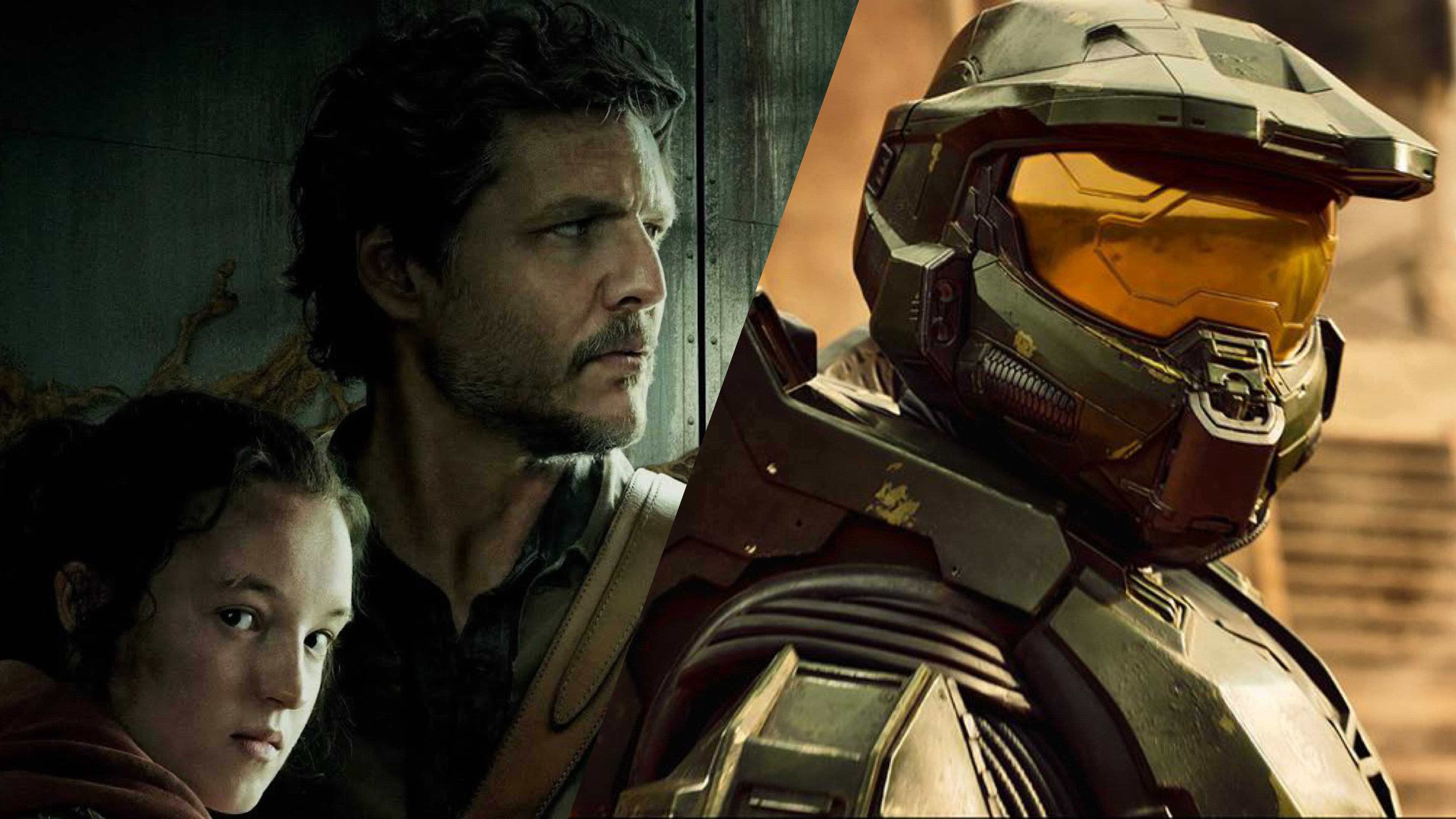
All the latest news, reviews, and guides for Windows and Xbox diehards.
You are now subscribed
Your newsletter sign-up was successful
Note: This article contains spoilers for HBO's The Last of Us and Paramount's Halo.
The premiere of HBO's highly anticipated The Last of Us show is finally here, and it's proven to be everything you could want from an adaptation of a video game.
Pedro Pascal portrays protagonist Joel Miller with incredible balance and precision, delivering a performance that perfectly captures both the compassionate and callous tendencies of a grief-stricken father turned hardened smuggler following the onset of a fungal zombie pandemic. Bella Ramsey has also silenced any doubts about her playing the role of deuteragonist Ellie Williams, bringing the character's trademark attitude and naïve enthusiasm about the world to the new medium exquisitely.
Supporting characters such as Joel's younger brother Tommy (Gabriel Luna) and his smuggling partner Tess (Anna Torv) are depicted authentically as well, and Marlene, the leader of the "Firefly" anti-military resistance, is notably portrayed by Merle Dandridge — the actress that played the character in the original 2013 game.
Beyond exceptional casting and acting, the pilot episode also heavily borrows from the game's script and shot composition. Many scenes are even written and framed almost exactly as they were originally, both in cutscenes and in gameplay. As a result of this approach, the premiere introduces newer audiences to the same compelling world that existing fans fell in love with a decade ago. This is something that many other game adaptations, with their excessive changes from source material, often struggle to do.
That isn't to say that The Last of Us' pilot doesn't deviate from the game, though, because it does. What sets The Last of Us apart is that its changes are carefully calculated and additive, rather than confusing and disruptive. The first half of the intro sequence, in which we experience the hours before the Cordyceps outbreak through the perspective of Joel's daughter Sarah (Nico Parker), was not part of the original story. Yet, it serves to both ratchet up tension and to connect us with Sarah as a character. Background radio reports about the city of Jakarta experiencing "multiple disturbances" and erratic hand twitches from one of Sarah's classmates overwhelm viewers with a powerful sense of dread, and because we're shown how fundamentally good Sarah is throughout her day, her tragic death is even more devastating than it was the first time around.
Another example of this is the reason why Joel and Tess want to confront Robert, a fellow smuggler. In the video game, Joel and Tess ambushed him after he stole their weapons and sold them to the Fireflies, and wanted them back from Marlene in exchange for smuggling Ellie outside of Boston. In the show, though, the pair are after Robert's car battery instead, as Joel needs it to drive to Wyoming and look for Tommy, who we learn hasn't been heard from in several weeks.
All the latest news, reviews, and guides for Windows and Xbox diehards.
This doesn't change the overarching plot, as the battery ends up being nonfunctioning and Joel and Tess agree to Marlene's proposal about smuggling Ellie in exchange for a working vehicle and supplies. However, the new motivation highlights how protective Joel is of the people he loves, and that shows us more about who Joel is as a character than the game ever did during this sequence.
Overall, the show's pilot has done a stellar job of faithfully adapting The Last of Us while simultaneously elevating it with thoughtful additions and adjustments. But as I eagerly await the second episode coming next Sunday, I can't help but feel pangs of jealousy and a reignited frustration as a fan of Microsoft's Halo series. The first season of Paramount's adaptation of the flagship Xbox sci-fi franchise aired last year, and many fans — yours truly included — feel that it completely missed the mark.
Instead of focusing on humanity's desperate fight against the alien Covenant Empire, the Halo TV series often spins its wheels with banal UNSC bureaucratic drama and a Kwan Ha (Yerin Ha) insurrectionist subplot that goes nowhere. Dr. Catherine Halsey (Natascha McElhone) refuses to lie to or wipe the memory of the Spartan supersoldiers she created in the rest of Halo's media, but frequently does so in the show and even suppresses their emotions with an implant. Master Chief John-117 (Pablo Schreiber), the heroic series protagonist himself, is depicted as unstable, rash, and borderline psychotic as he comes to terms with his past — a far cry from the calm, collected, and thoughtful character that players have known for over 20 years. And don't even get me started on that bizarre sex scene between Chief and Makee (Charlie Murphy), a Covenant agent and a prisoner of war at the time.
The show clearly lacks a strong vision, but what's ultimately worse is it simply doesn't feel like Halo. In stark contrast to The Last of Us, its narratives and characters feel completely at odds with the original material, and Halo's core central themes of hope, camaraderie, and tenacity are largely absent. No amount of "Silver Timeline" handwaving can fix that.
In fairness to the Halo show, I have to admit that The Last of Us, with its cutscene-heavy narrative and lengthy story, is a much, much better candidate for TV than a first-person shooter franchise. Undoubtedly, significant changes are needed to feasibly adapt something like Halo into episodic television. But despite this, I still believe aiming to replicate what originally drew millions of fans to Halo is better than trying to reinvent the wheel.
Some argue that this approach won't work for Master Chief in a TV context, who is fairly stoic throughout Halo's games and other media. However, he's also quite thoughtful and considerate, especially after he comes out of his shell and embraces his humanity in Halo 4 and Halo Infinite. He's a lot like The Mandalorian's Din Djarin (ironically played by Pedro Pascal) in that way, and we all know how insanely popular that series became. I don't doubt for a second that Master Chief, written this way, would quickly become an audience favorite.
A Halo project that sticks close to the series' roots could also enrich them with beneficial tweaks and changes, much like HBO's The Last of Us adds to Naughty Dog's original story. Take advantage of the fact that the camera and script are no longer restricted to a playable character, and use them for additional perspectives and worldbuilding. Flesh out side characters like Sergeant Johnson with new scenes and dialogue, expanding their characterization. Explore Master Chief's complicated past in flashback sequences, showing viewers how and why he became the way he is.
At the end of the day, even though we're only one episode into The Last of Us, it's clear that its approach has captivated audiences more than Halo's ever did based on the show's explosively positive reception. Already, the show's pilot succeeded where Paramount's Halo failed with its commitment to authenticity, only making careful and well-thought-out changes when it was necessary or beneficial to do so. And if early reviews of the rest of the first season are anything to go by, future episodes will be just as faithful.
Again, as a Halo fan, I can't help but feel envious. Hopefully Microsoft and Paramount are taking notes, because HBO's The Last of Us is adaptation done right, and the franchise that spawned some of history's best Xbox games deserves better than what it's gotten.

Brendan Lowry is a Windows Central writer and Oakland University graduate with a burning passion for video games, of which he's been an avid fan since childhood. He's been writing for Team WC since the summer of 2017, and you'll find him doing news, editorials, reviews, and general coverage on everything gaming, Xbox, and Windows PC. His favorite game of all time is probably NieR: Automata, though Elden Ring, Fallout: New Vegas, and Team Fortress 2 are in the running, too. When he's not writing or gaming, there's a good chance he's either watching an interesting new movie or TV show or actually going outside for once. Follow him on X (Twitter).
